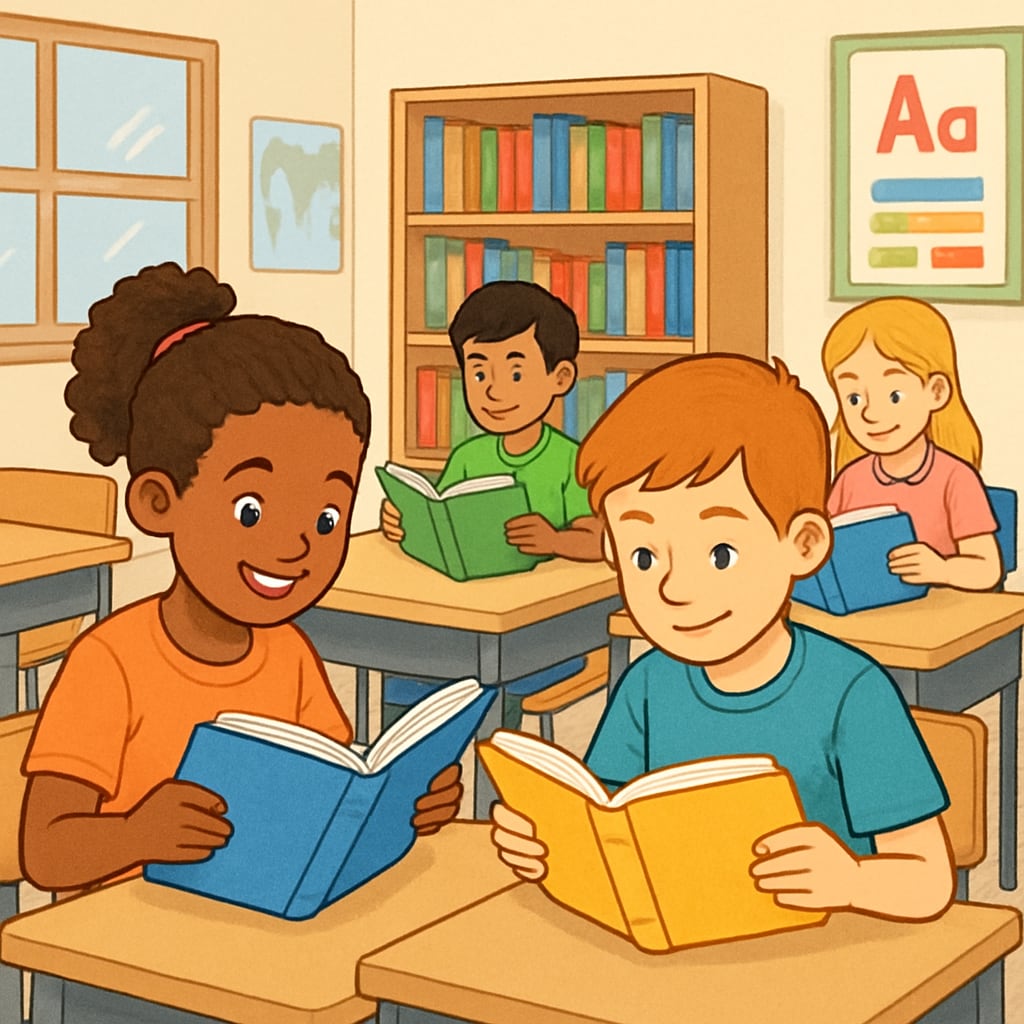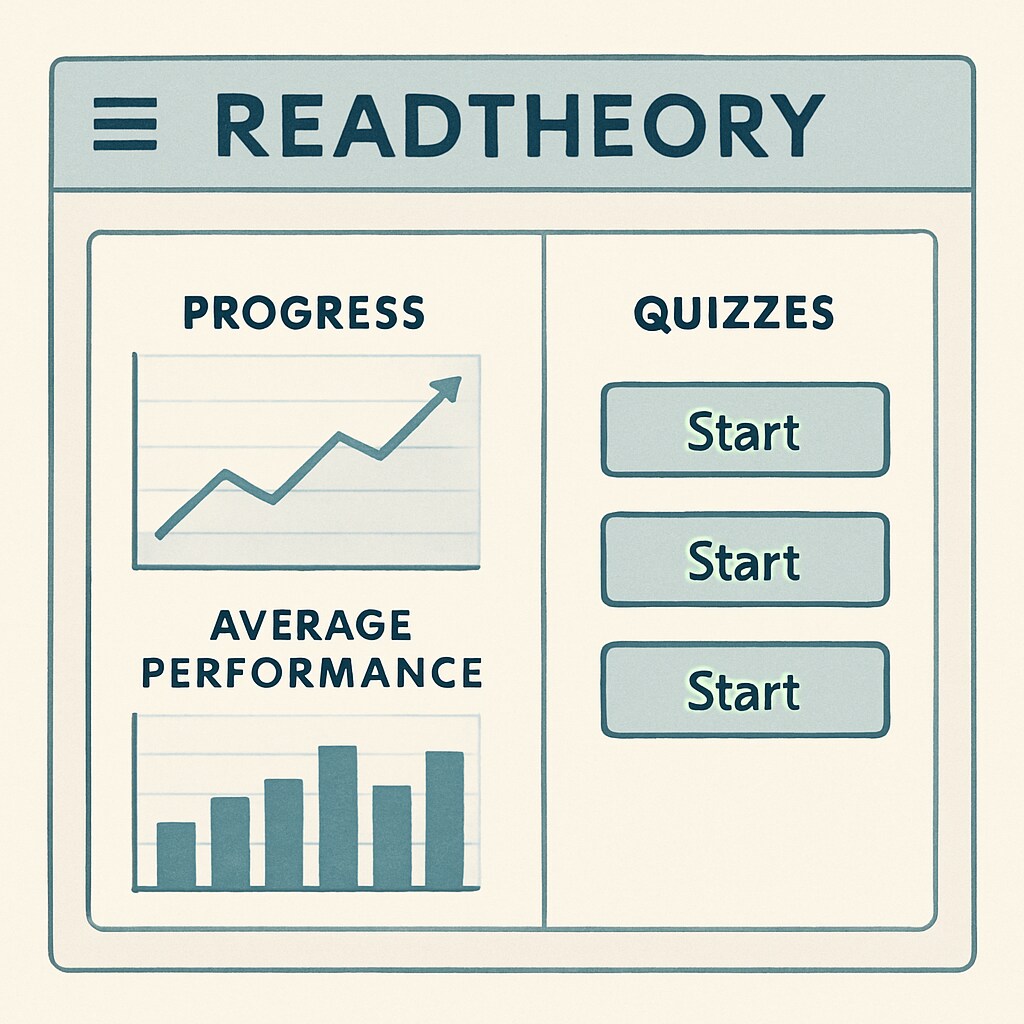For educators and parents seeking alternatives to “阅读理解,AR积分,阅读兴趣 (reading comprehension, AR Points, reading interest),” finding effective and budget-friendly tools to inspire fourth-grade students can be a challenge. AR Points (Accelerated Reader Points) are widely used to assess reading comprehension, but they may not suit every classroom or child. Fortunately, there are free tools available that offer engaging ways to cultivate students’ love for reading while assessing their comprehension skills. In this article, we explore four excellent alternatives to AR Points and share strategies for their effective implementation.

Why Move Beyond AR Points?
While AR Points have their merits in tracking students’ reading progress, they can sometimes create a competitive atmosphere that prioritizes scores over genuine enthusiasm for reading. In addition, AR Points require subscription fees and may not be accessible to all schools or families. Switching to free tools that focus on comprehension and appreciation can help foster a deeper connection with literature.
Here are four free alternatives worth considering:
1. ReadTheory
ReadTheory provides an adaptive reading comprehension platform for students of all levels. By offering personalized quizzes based on individual reading levels, it ensures students are challenged appropriately. Teachers and parents can track progress through detailed reports, making it a fantastic resource for monitoring growth.
- Customizable for various grade levels.
- Offers instant feedback to students.
- Accessible without fees.
Implementation tip: Pair ReadTheory with weekly reading assignments and use its reports to identify areas for improvement.

2. CommonLit
CommonLit is another excellent tool that provides a wide range of reading passages and comprehension questions. Its library includes fiction, non-fiction, poetry, and historical documents, making it ideal for diverse learning needs. Teachers can assign readings and monitor student progress through its built-in analytics.
- Resources aligned with educational standards.
- Available in multiple languages.
- Includes guided lessons for educators.
Implementation tip: Use CommonLit to introduce thematic units and encourage class discussions about the texts.
3. Newsela
Newsela transforms current events and news articles into age-appropriate reading materials. Students can choose topics that interest them, such as science, sports, or world events. Each article comes with adjustable reading levels and comprehension quizzes, making it a dynamic way to link reading with real-world knowledge.
- Real-time content updates.
- Engages students with relevant topics.
- Supports differentiated instruction.
Implementation tip: Encourage students to select articles related to classroom lessons or personal interests to make reading more meaningful.
4. Epic!
Epic! is a digital library tailored for kids under 12. With thousands of books, audiobooks, and videos, Epic! offers an immersive reading experience. Although premium features require payment, its free version still provides access to a substantial collection of high-quality materials.
- Interactive features like read-alouds.
- Great for reluctant readers.
- Includes rewards for achievements.
Implementation tip: Use Epic! during free reading periods or as part of a reward system to encourage consistent engagement.
How to Maximize These Tools
To make the most of these free resources, consider the following strategies:
- Set clear reading goals for students and celebrate milestones.
- Combine digital tools with physical books to maintain variety.
- Encourage peer discussions to make reading a collaborative activity.
By incorporating these methods, educators and parents can create a supportive environment that nurtures both comprehension and enthusiasm for reading.
Conclusion
Replacing AR Points doesn’t mean compromising on reading comprehension or progress tracking. With tools like ReadTheory, CommonLit, Newsela, and Epic!, educators and parents can provide engaging and accessible alternatives that inspire lasting reading interest in fourth-grade students. As a result, children can develop both their skills and their love for literature, ensuring a brighter academic future.
Ready to explore these tools? Visit their websites and start implementing them today to foster a passion for reading in the classroom or at home.


